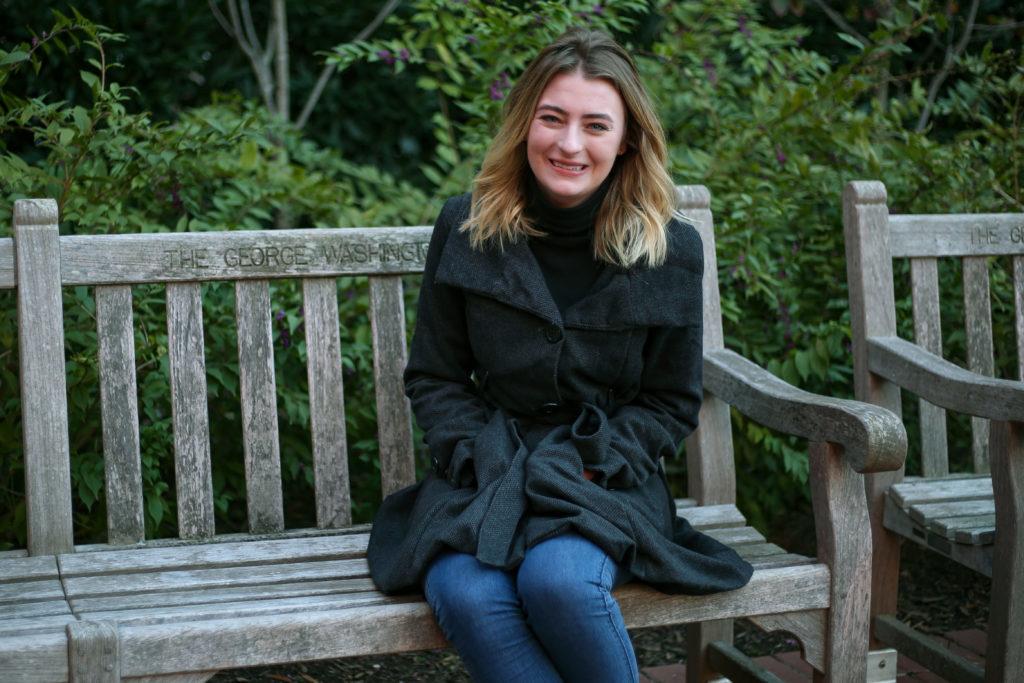The Columbian College of Arts and Sciences is reviving an advisory council to give students a formal way to address academic concerns.
Dean’s advisory councils – forums where select students can advocate for specific issues within their school or community – have been growing in number in the past two years with the creation of advisory councils in the Elliott School of International Affairs and the Division of Student Affairs. Students said adding a council in CCAS will create a more direct relationship with administrators and give students a greater say in the school’s decisions.
University spokesman Jason Shevrin said CCAS is looking for 10 to 15 students to fill the council by Dec. 1. He said council members will serve as advisers to CCAS Associate Dean for Undergraduate Studies Elizabeth Chacko.
“Council members will be encouraged to advocate on behalf of their fellow students on education-related issues as well as help create an environment where all students have access to opportunities to advance their learning experiences,” Shevrin said in an email.
Officials have started several similar councils in recent years as students have pushed for more input in administrator decisions that impact campus life.
The student affairs advisory council was established in 2015 to give a group of students a chance to regularly meet with upper-level administrators in the Division of Student Affairs. At the time, 19 other advisory councils had been established across campus to advise on topics like research and athletics, including one in CCAS.
In March, the Elliott School launched an advisory council to create a line of communication between nine students and administrators within the school, led by Jonathan Walker, the assistant dean for student services.
Student Association Executive Vice President Sydney Nelson, who helped launch the Elliott School’s council during her time as an SA senator, said the groups connect administrators with a “focus group” of students who can provide feedback and offer opinions on academic courses and student organization budget allocations within the school.
Nelson ran a campaign last spring with a focus on expanding the councils, but she said it’s ultimately an administrative decision to create a council.
“It’s really up to the individual schools on whether or not they feel that the council is giving them a benefit, as in providing them with an opportunity to meaningfully participate,” she said.
Nelson said that in the Elliott School’s council students were able to advocate for improved relationships between students and administrators and help allocate $30,000 to student organizations in the school.
“The focus of any University is to really educate students and to prepare them for the next chapter of their life, and if our mission is to serve students, then we need to make sure their voices are being included,” she said.
The CCAS council is the latest in a series of moves putting student advocacy and feedback at the top of University priorities. Following a push from students, officials added student positions on Board of Trustee task forces focusing on the student experience and alumni engagement earlier this year.
University President Thomas LeBlanc said exploring student life on campus and developing a stronger campus community would be a focus of his administration as he enters his first year in the role.
Jesus Montes, who joined the Elliott council in August as a senior representative, said the advisory councils ensure that student voices are heard. He said the council has nine students, two from each undergraduate grade and Nelson, who serves as secretary.
Since the council was launched last academic year, he said students have given feedback on topics like the Intro to International Affairs freshman course and discussed creating a first-year seminar, like the dean’s seminars in CCAS, or a retreat for Elliott School freshmen.
Montes added that it would be useful for different schools’ dean’s councils to share what each group is discussing and what changes they had tried to implement in order to better develop advocacy strategies within their own councils.
“I hope that council members are able to reach students within their class and convey the diverse set of perspectives each underclass grade is able to provide,” he said in an email. “In doing so, the council will be a legitimate source from which the administration can hear how the ESIA undergraduates feel about specific administration initiatives.”





